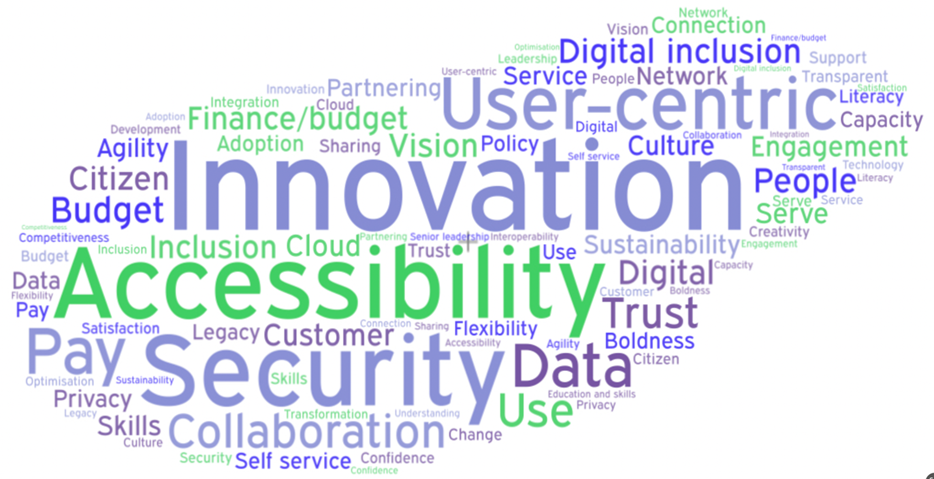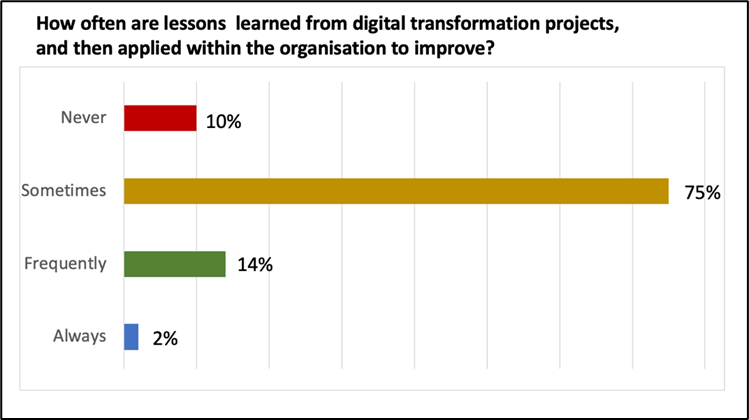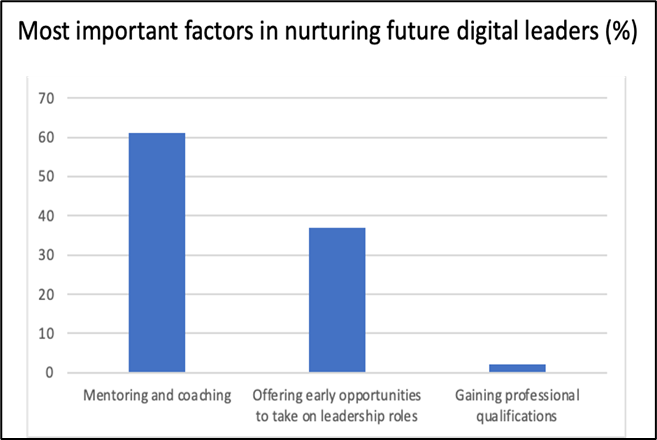A summary from the annual Government ICT conference, January 2023 by afternoon chair, Jos Creese.
This annual GovNet event is one of the largest in the UK, with a diverse and representative group of CIOs and digital leaders across the public sector.
The feedback and polls we undertook on the day with CIOs and CDIO leaders should therefore be good indicators of the views of the wider public sector – and some was certainly surprising, as well as insightful.
For example, when asked whether the current generation of digital leaders are fit for the future, only 30% agreed, with the vast majority of attendees (70%) saying we all need to do much more to nurture the next generation and retrain the current set of leaders. A worrying indictment perhaps. But there was also much optimism.
When asked to describe the traits and priorities of future digital leaders, ‘innovation’ topped the list, whilst topics such as ‘security’, ‘accessibility’ and ‘collaboration’ featuring highly on the list.

The biggest challenge currently facing public sector organisations in achieving successful digitalisation was having the necessary in house skills and capacity, followed closely by leadership and decision-making support outside IT and digital teams.
33% reported that the ‘lack of support’ was the biggest challenge in their organisation in achieving successful digital transformation .. although reassuringly, culture was not seen as the top blocker.
The majority (61%) admitted that digital and ‘digital transformation’ are not well understood in the organisation, and that current digital capabilities and tools are being under-used.
Worryingly, CIOs and CDOs reported that lessons from digital projects are not being learned, risking repeating the same mistakes:

65% also said it is difficult to secure funding for transformational projects, irrespective of value, and only 35% said they had an established process for securing funding.
Risk appetite is often a topic of contention in the public sector, with most public services claiming to be more risk tolerant than their processes and policies might indicate.
Our poll at the conference showed that 22% believe that their organisations had ‘low or very low’ risk tolerance, whilst 75% reported a ‘medium or high tolerance’ of risk in their organisation.
So, what are the views of our current generation of CEOs and digital leaders in terms of nurturing their successors?

Asked about the balance of ‘mentoring’, ‘opportunities to gain early leadership experience’, and ‘gaining professional qualifications’, there was a clear indication of the priority to spend enough time to support and mentor the next generation.
This is not to say that professional qualifications are not important, especially for special functions, but clearly other factors will be more critical, particularly in creating the right culture for future leaders to flourish.
Whatever else lies ahead for public sector digital leaders in 2023, the opportunity for them to be central to transforming and protecting public services, and the weight of responsibilities to address the blockers, have never been greater.

Jos Creese
Jos is an independent consultant and analyst, providing advice to public and private sectors on digital and IT strategies, business risk, marketing and customer service. He also undertakes research for a range of universities and professional bodies in the UK and internationally, on a wide range of technology and digital topics. He is a past president of the British Computer Society and also of the Society of Innovation, Technology and Management (Socitm), and for over a decade he was CIO and CDO for Hampshire County Council. He has previously been named by the Sliicon50 survey as the UKs most innovative and influential CIO. Jos chairs the Open University School of Computing Industrial Board and is a non-Exec for the Department of International Trade on the Risk and Audit Committee covering cyber, digital and information risk. He is also a non-Exec Director for Hampshire Hospitals Foundation Trust.



